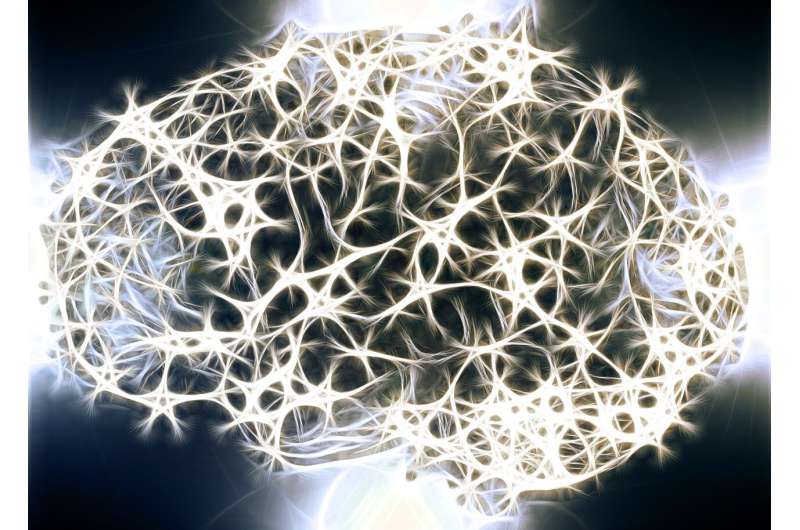Scientists discover mood-altering brain receptor

International research has uncovered a receptor believed to be linked to negative moods, in a part of the brain that is little-understood. The discovery published in Science could lead to more targeted medications.
An international team of scientists has discovered a unique receptor in the brain that is believed to regulate negative moods.
The finding is the culmination of eight years of painstaking investigation involving Dr. Yo Otsu, now with the University of Sydney and Kolling Institute, and researchers from France, Canada and Hungary, under the direction of Dr. Marco Diana.
The pea-sized receptor was found in a little-studied region in the center of the human brain, the medial habenula.
The research has been published in the leading journal Science.
First author Dr. Otsu said he and his colleagues now believe the receptor plays a role in regulating negative moods. It is called the glycine gated [N-methyl-D-aspartate receptor] NMDA receptor.
"The function of the medial habenula is not very well understood but is thought to be related to negative motivational states," said Dr. Otsu.
No small finding
"We knew there were GluN3A subunits in the adult medial habenula and NMDA receptors formed with these subunits were likely to have different characteristics. We did not expect to find the receptor that we did," said Dr. Otsu.
NMDA receptors normally require two different neurotransmitter molecules—glutamate and glycine—to bind and activate the receptor.
The receptor that Dr. Otsu and his colleagues found only needs one neurotransmitter—glycine—to activate it.
"Receptors direct brain function and are the target of approximately 40 percent of all current medicines. Therefore, the discovery of this rare type of receptor and its role in modulating anxiety and the effects of negative experiences means it has the potential to be a highly specific target for mood regulating drugs," he said.
"Psychiatric drugs often have side effects because they are not specific and affect the whole brain. This discovery offers the potential to create much more targeted medicines with fewer side effects.
"The findings may also have implications for future medications to reduce pain with the receptor subunit found in a part of the brain known to contribute to pain.
"We will now be embarking on research within the Kolling Institute to further understand the role of this newly found receptor, with the ultimate goal of developing drugs to target it. This could lead to advances in mental health and pain medications," he said.
Dr. Karin Aubrey from the Pain Management Research Institute at the University of Sydney's Northern Clinical School and Kolling, where Dr. Otsu now works, said the finding opens up a whole new area of brain research.
"Yo has brought such a depth of knowledge to the group. He interrogates every aspect of the data—an approach which has enabled him to consistently produce data of the highest level and impact. We are very lucky to have a researcher of his caliber working with us, and I can't wait to see what he discovers next," Dr. Aubrey said.
More information: Y. Otsu et al. Control of aversion by glycine-gated GluN1/GluN3A NMDA receptors in the adult medial habenula, Science (2019). DOI: 10.1126/science.aax1522



















